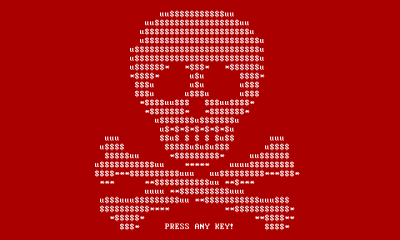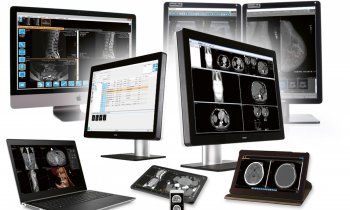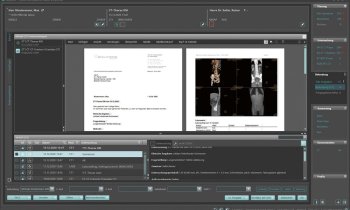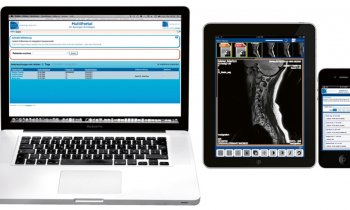Pathology
The future of pathology informatics
The Pathology Informatics Summit last October in Chicago showed that fast-moving trends are reshaping how clinical laboratories and pathology groups use information technology, in particular laboratory information systems (LIS), to deliver more value to physicians and patients.
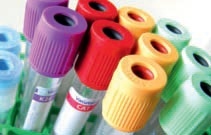
In medical laboratory informatics there is an emerging trend of great importance to both clinical laboratories and pathology groups in the USA and other countries. It is becoming increasingly tougher for hospital labs to select a best-ofbreed LIS. That’s because more hospital administrators are opting for a single enterprise-wide informatics/EHR solution that commonly includes a LIS that is not the first choice of laboratory management. ‚We are now at a very significant tipping point in the field of pathology informatics,‘ declared Bruce Friedman, MD, Active Emeritus Professor of Pathology, University of Michigan Medical School. ‘After more than three decades of stability and broad acceptance of best-of-breed LISs and close collaboration between LIS vendors and pathology professionals, the enterprise-wide-solution is emerging as a favourite of hospital CIOs and CEOs.‘
Hospital administrators use new criteria to purchase LIS
‘The big driver of this trend [in the USA] is the adoption of EHRs by hospitals and health systems, due to the substantial federal incentives designed to encourage this adoption,‘ Prof. Friedman continued, when speaking at the recent Pathology Informatics 2012 conference in Chicago. ‘Vendors are offering hospitals a single enterprise-wide solution that comes with an embedded LIS, such as Epic’s Beaker. Beaker is not yet a best-of-breed LIS, but may achieve this status in the US and elsewhere in the future. The bigger challenge, however, is that IT solutions for pathology and for clinical laboratories are now being made in the C-suites of hospitals,‘ he noted. ‘In addition, the EHR database is designed for use by clinicians and will be suboptimal for interrogation by lab-developed rules and support for precision medicine.‘ Clinical laboratories and pathology groups are actively responding to several major trends in laboratory informatics and information technology, ranging from new criteria for purchasing a LIS to acquisition and use of digital pathology systems. At October‘s Pathology Informatics 2012 conference experts discussed these trends and how they can help laboratories deliver more value to physicians.
07.11.2012




